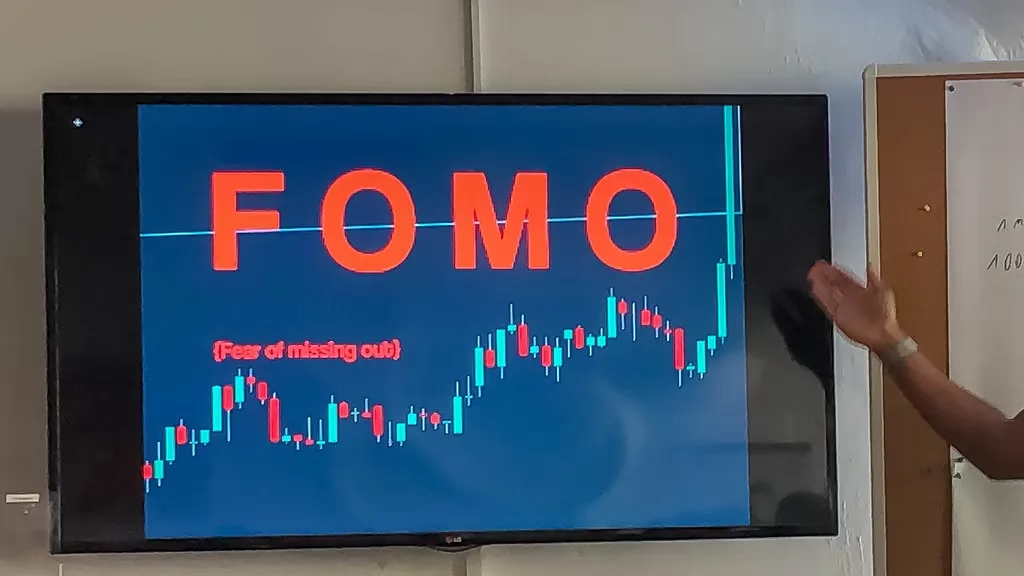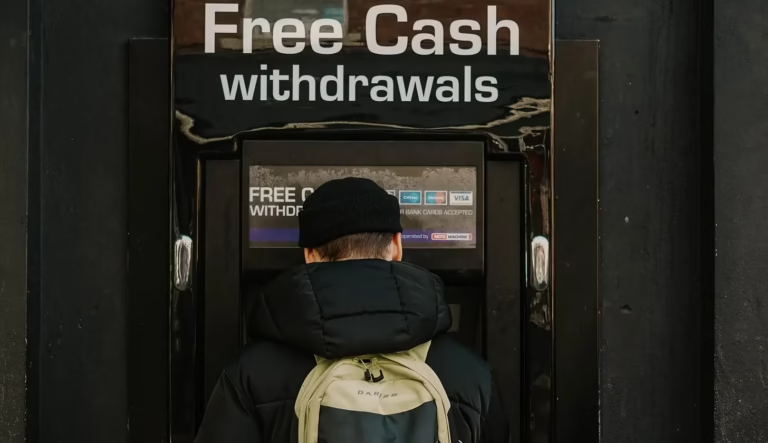The other day, a friend of mine made me aware of a video Steven Mark Ryan had been shown in, talking to Dr. Know-it-all (that’s actually how the guy calls himself).
My friend knows that I follow Steven, who jokingly calls himself the “guy with three first names in his full name”, and who has been following Tesla, the company, and its stock on a daily basis since 2019.
Steven was reflecting and responding to a clip from the financial media discussing Tesla and Nvidia stock performance. Here is what my friend sent to me from the transcript:

Tesla has been missing the ball, according to the so-called analysts. It’s been dropping the ball and shareholders are just, you know, they’re getting out and they’re waiting to see when the next opportunity would be to buy and it just hasn’t arisen in the last few months.
I wonder what these analysts are smoking and how they will explain themselves in the future.
Now it’s certainly true investors are getting out of Tesla stock and again it’s just an incredible decision.
I very much look forward 5 years from now 7 years from now 10 years from now 15 years from now 20 years from now looking back at Tesla’s half-a-trillion dollar market cap today and comparing it to where it is at the future points in time.
Now, can you see why the average investor just loses money and they are just better off buying index funds?
If everyone’s panicking it’s time to sell – yes sell
and when a Stock’s surging – shout out to Nvidia right now – now’s the time to buy after it’s gone up 400 quadrillion $$$ in 3 minutes.
Is it any wonder the average “investor” AKA Gambler loses money trying to invest? This is amazing to see playing out in real time every few months.
I have studied these behaviors and some of human nature as part of my academic studies and verified them in real life over the last few years.
The friend who sent me the transcript of SMR’s interview asked me to shed light on the pervasive phenomenon of the fear of missing out (FOMO) and its implications for our real estate investment endeavors.
FOMO is a powerful emotional force that can hijack our decision-making processes, leading us to make impulsive and potentially disastrous choices.
At its core, FOMO stems from our innate desire for social acceptance and our fear of regret (Baumeister & Leary, 1995). When we observe others seemingly profiting from an investment opportunity, our deep-seated need for belongingness and dread of missing out can override our rational faculties. This herd mentality is well-documented in the field of behavioral finance, with research by Shiller (2015) showing how investor sentiment and social contagion can drive asset prices far beyond their intrinsic values, resulting in speculative bubbles.

Several psychological triggers contribute to the potency of FOMO. The principle of social proof can compel us to mimic the actions of a larger group, assuming that collective wisdom outweighs our own (Cialdini, 2007). This herd mentality can be reinforced by the anchoring bias, where we fixate on specific price points, such as the all-time high of a property’s value, and feel compelled to buy before it surpasses that level again (Tversky & Kahneman, 1974). Overconfidence is another significant psychological factor that can amplify FOMO. After observing others’ success in real estate investing, we may overestimate our own acumen, leading us to make risky bets without fully comprehending the underlying risks (Barber & Odean, 2001).
To illustrate the psychological pull of FOMO, consider the case of the recent GameStop frenzy. In early 2021, a group of retail investors on the Reddit forum r/WallStreetBets collectively drove up the price of GameStop’s stock, fueled by a desire to punish short-sellers and the fear of missing out on potential gains. The stock price surged from around $20 to nearly $350 within a matter of days, defying all conventional valuation metrics (Koffler et al., 2021). Many investors who jumped on the bandwagon late ended up suffering substantial losses when the bubble inevitably burst.
The media plays a pivotal role in amplifying FOMO by selectively highlighting success stories and creating a sense of urgency around certain investment opportunities. Reports of skyrocketing real estate prices or booming housing markets can make us feel as if we are missing out on potential gains if we do not act quickly. This fear of regret, coupled with the availability heuristic, can lead us to make impulsive and poorly reasoned investment decisions, often at the peak of market bubbles.

So, how can we as real estate investors detect and mitigate the influence of FOMO?
Smart investors recognize FOMO and employ strategies to counteract it:
1. Develop self-awareness: Cultivate mindfulness and emotional intelligence to recognize when our investment decisions are being driven by fear, greed, or other emotional biases. We must pause and reflect on our motivations before acting on investment impulses.
2. Seek contrarian perspectives: Actively seek out contrarian viewpoints and dissenting opinions, rather than surrounding ourselves with a homogeneous echo chamber that reinforces our existing beliefs (Surowiecki, 2004).
3. Adhere to a disciplined investment process: Establish a well-defined investment strategy based on thorough research, risk assessment, and diversification. This process should serve as an anchor, preventing us from being swayed by temporary market fads or hype.
4. Employ pre-commitment strategies: Set predetermined rules or parameters for ourselves, such as stop-loss orders or rebalancing thresholds, to prevent emotional decision-making during periods of market volatility or frenzy.
5. Focus on long-term planning: Prioritize our long-term goals rather than chasing short-term gains. This disciplined approach helps resist the urge to jump on the latest investment trend.
6. Diversify: Spread our investments across different property types, locations, and asset classes to reduce risk and the impact of any single investment’s performance on our overall portfolio.
7. Conduct thorough research: Make decisions based on comprehensive research and analysis rather than emotions, hearsay, or the fear of missing out.
In the realm of real estate, avoiding FOMO means not getting caught up in bidding wars or acquiring property solely because prices are rising. Instead, we should consider factors such as location, market trends, rental yields, and long-term appreciation potential. For assets like stocks, cryptocurrencies, and commodities like gold, it is crucial to understand market cycles and not be swayed by short-term volatility.

By recognizing the psychological underpinnings of FOMO, as well as the role of media and various cognitive biases, we can better equip ourselves to navigate the real estate markets with greater discipline and objectivity, ultimately increasing our chances of achieving long-term financial success.
That also means that now, when the residential real estate market is basically dead, agents are scrambling to sell anything or go out of business, which is the best time to invest. I know interest rates are high, but we can always refinance. It’s most important to get into well-performing properties now. If we wait until the FOMO triggers people back into real estate, we will be too late and have to wait for the next downturn.
Don’t let that happen to you. Let me show you the amazing, well-performing properties we have available through our vetted, trusted advisors.
References in case you’d like to study about FOMO:
Barber, B. M., & Odean, T. (2001). Boys will be boys: Gender, overconfidence, and common stock investment. The Quarterly Journal of Economics, 116(1), 261-292.
Baumeister, R. F., & Leary, M. R. (1995). The need to belong: Desire for interpersonal attachments as a fundamental human motivation. Psychological Bulletin, 117(3), 497-529.
Cialdini, R. B. (2007). Influence: The psychology of persuasion. HarperCollins.
Koffler, T., Velikov, M., & Gropp, R. (2021). The GameStop frenzy: A cross-sectional study of stock market overreaction. Finance Research Letters, 43, 102044.
Shiller, R. J. (2015). Irrational exuberance. Princeton University Press.
Surowiecki, J. (2004). The wisdom of crowds. Anchor Books.
Tversky, A., & Kahneman, D. (1974). Judgment under uncertainty: Heuristics and biases. Science, 185(4157), 1124-1131.





